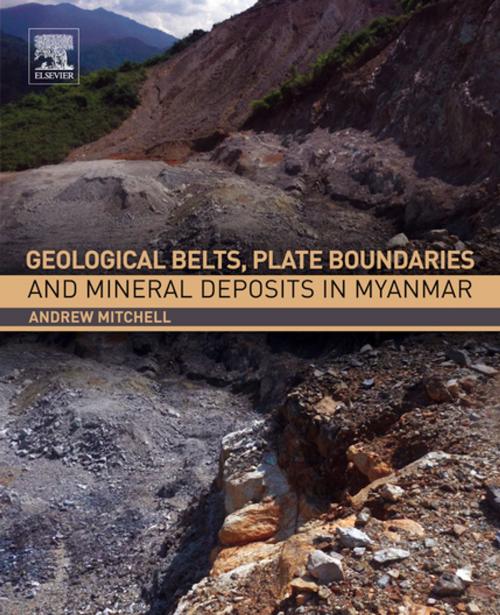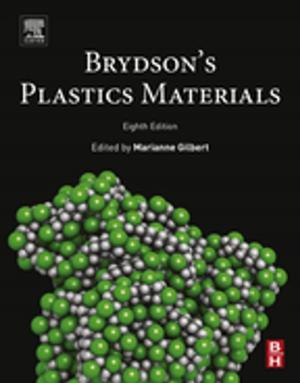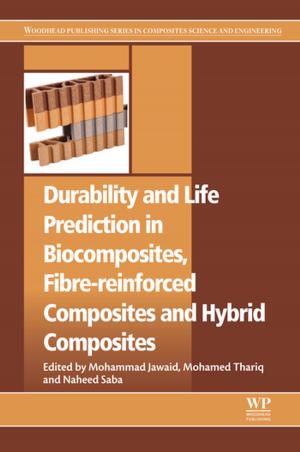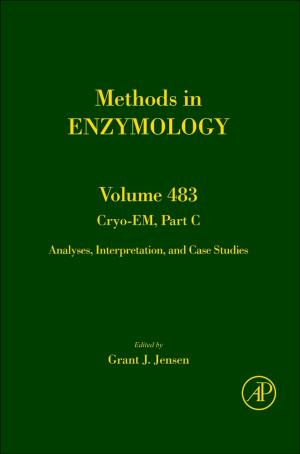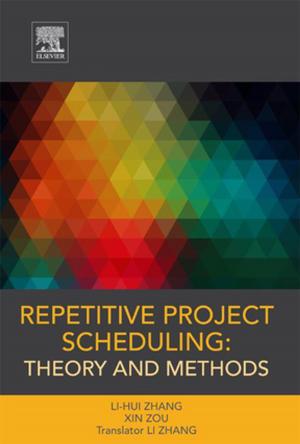Geological Belts, Plate Boundaries, and Mineral Deposits in Myanmar
Nonfiction, Science & Nature, Science, Earth Sciences, Geology, Biological Sciences, Environmental Science| Author: | Andrew Mitchell | ISBN: | 9780128033838 |
| Publisher: | Elsevier Science | Publication: | November 23, 2017 |
| Imprint: | Elsevier | Language: | English |
| Author: | Andrew Mitchell |
| ISBN: | 9780128033838 |
| Publisher: | Elsevier Science |
| Publication: | November 23, 2017 |
| Imprint: | Elsevier |
| Language: | English |
Geological Belts, Plate Boundaries and Mineral Deposits in Myanmar arms readers with a comprehensive overview of the geography, geology, mineral potential and tectonic plate activity of Myanmar. The book focuses on the nature and history of the structural belts and terranes of Myanmar, with particular emphasis on the mineral deposits and their relationship to stratigraphy and structure. The country has a long history of plate tectonic activity, and the most recent plate movements relate to the northward movement of the India plate as it collides with Asia. Both of these are responsible for the earthquakes which frequently occur, making the country a geologically dynamic region. Additionally, Myanmar is rich in mineral and petroleum potential and the site of some of Southeast Asia’s largest faults. However, many geoscientists are only recently becoming familiar with Myanmar due to previous political issues. Some of these barriers have been removed and there is emerging international interest in the geology and mineral deposits of Myanmar. This book collates this essential information in one complete resource. Geological Belts, Plate Boundaries and Mineral Deposits in Myanmar is an essential reference for economic geologists, mineralogists, petroleum geologists, and seismologists, as well as geoscience instructors and students taking related coursework.
- Provides an accessible history of the geological research and mineral exploration and extraction conducted in Myanmar and an overview of its rich mineral resources
- Presents the historical and current plate tectonic activity in the region, offering seismologists and geophysicists a guide to Myanmar’s structural geology and risk for earthquake activity
- Richly illustrated with more than 100 maps, diagrams and photographs to capture the geology of Myanmar and aid in the retention of key concepts
- Focuses on the nature and history of the structural belts and terranes of Myanmar
Geological Belts, Plate Boundaries and Mineral Deposits in Myanmar arms readers with a comprehensive overview of the geography, geology, mineral potential and tectonic plate activity of Myanmar. The book focuses on the nature and history of the structural belts and terranes of Myanmar, with particular emphasis on the mineral deposits and their relationship to stratigraphy and structure. The country has a long history of plate tectonic activity, and the most recent plate movements relate to the northward movement of the India plate as it collides with Asia. Both of these are responsible for the earthquakes which frequently occur, making the country a geologically dynamic region. Additionally, Myanmar is rich in mineral and petroleum potential and the site of some of Southeast Asia’s largest faults. However, many geoscientists are only recently becoming familiar with Myanmar due to previous political issues. Some of these barriers have been removed and there is emerging international interest in the geology and mineral deposits of Myanmar. This book collates this essential information in one complete resource. Geological Belts, Plate Boundaries and Mineral Deposits in Myanmar is an essential reference for economic geologists, mineralogists, petroleum geologists, and seismologists, as well as geoscience instructors and students taking related coursework.
- Provides an accessible history of the geological research and mineral exploration and extraction conducted in Myanmar and an overview of its rich mineral resources
- Presents the historical and current plate tectonic activity in the region, offering seismologists and geophysicists a guide to Myanmar’s structural geology and risk for earthquake activity
- Richly illustrated with more than 100 maps, diagrams and photographs to capture the geology of Myanmar and aid in the retention of key concepts
- Focuses on the nature and history of the structural belts and terranes of Myanmar
